Description
This intermediate stage certification is supposed for machine administrators (and machine integrators, infrastructure architects, software architects and answers architects) who carry out the set up, configuration and every day obligations related to making sure the smooth, reliable, and green operation of a WebSphere Application Server Network Deployment and Liberty Profile surroundings.
This consists of obligations associated to:
Architecture
Product Installation, Configuration and Maintenance
Application Management (Assembly, Deployment and Configuration)
Administrative Tools
Security configuration and Maintenance
Clustering and Workload Management
Intelligent Management and Resiliency
Performance Monitoring and Tuning
Problem Determination
This machine administrator is typically self-enough and is capable of carry out maximum of the obligations worried withinside the position with constrained help from peers, product documentation and dealer help offerings.
To gain the IBM Certified System Administrator – WebSphere Application Server Network Deployment V8.five.five and Liberty Profile certification, applicants ought to byskip 1 take a look at. To put together for the take a look at, it’s far endorsed to consult the task position description and endorsed prerequisite abilities, and click on the hyperlink to the take a look at beneath to consult the take a look at objectives (abilities measured at the take a look at) and the take a look at training tab.
Recommended Skills
(Knowledge and foundational abilities one wishes to own earlier than obtaining abilities measured at the certification take a look at. These foundational abilities are NOT measured at the take a look at. For abilities measured at the take a look at, see Test Objectives.)
simple Java Enterprise Edition 6 knowledge
simple internet software structure and deployments
simple usage of the command line interface and Jython/Jacl
know-how of working systems
community and working machine protection concepts
community or working machine management and hassle dedication abilities
Requirements
Exam C9510-401: IBM WebSphere Application Server Network Deployment V8.five.five and Liberty Profile System Administration
Each take a look at:
includes questions requiring unmarried and more than one solutions. For more than one-solution questions, you want to select all required alternatives to get the solution correct. You may be counseled what number of alternatives make up the right solution.!
is designed to offer diagnostic comments at the Examination Score Report, correlating lower back to the take a look at objectives, informing the take a look at taker how she or he did on every phase of the take a look at. As a result, to hold the integrity of every take a look at, questions and solutions aren’t allotted.
Exam Objectives
The take a look at includes 9 sections containing a complete of about sixty five more than one-desire questions. The probabilities after every phase name replicate the approximate distribution of the whole query set throughout the sections.
Number of questions: 65
Number of inquiries to byskip: 38
Time allowed: 90 minutes
Status: Live
Section 1: Architecture11%
Identify the additives and offerings in a WebSphere Application Server configuration and describe how they may be associated or interact.
Design diverse WebSphere Application Server topologies, for instance, bendy control, shrewd control, blended platform topology, community deployment cells, Liberty collectives, and ODR.
Analyze suitable layout issues whilst architecting topologies to acquire protection, scalability, overall performance and fault tolerance.
Demonstrate an know-how of ways requests traverse diverse WebSphere Application Server topologies.
Demonstrate an know-how of the management sports for a community deployment mobileular inclusive of the bendy control additives.
Identify and describe the additives of the WebSphere Application Server Liberty profile.
Section 2: Product Installation, Configuration and Maintenance15�monstrate an know-how of the IBM Installation Manager and IBM Packaging Utility and its position in installing, configuring, and keeping WebSphere software servers and additives each regionally and remotely.
Perform a silent set up system for WebSphere Application Server and connect % installations.
Perform pre and put up set up verification.
Troubleshoot set up problems.
Create and manipulate Full and Liberty profiles.
Manage nodes in a WebSphere topology, for instance, managed, unmanaged nodes, bendy control and community deployment mobileular.
Backup and repair configuration inclusive of the usage of checkpoints.
Section 3: Application Management (Assembly, Deployment and Configuration)9%
Explain the shape of agency programs, internet programs, and enterprise stage programs.
Deploy programs to a WebSphere Application Server surroundings.
Configure resources, for instance, statistics sources, JNDI, magnificence paths, J2C providers, as required through an software.
Use the IBM Rational Application Developer for WebSphere Software or the IBM WebSphere Application Server Developer Tools for Eclipse to study and manage programs.
Demonstrate an know-how of the executive obligations required to take an software deployed to the Liberty profile and install it in a WebSphere Application Server Network Deployment surroundings.
Section 4: Administrative Tools14%
Illustrate using the Integrated Solutions Console (ISC) and its diverse gear (e.g., command help, runtime messages).
Use the same old set of command line administrative gear together with wsadmin, profile control and plug-in generation.
Use the abilities of the Job Manager tooling inclusive of the submission of Liberty profile jobs.
Use scripting to carry out administrative obligations, for instance, scripting libraries, ws_ant, wsadmin
Write, take a look at, and debug scripts through the use of the IBM Rational Application Developer for WebSphere Software or the IBM WebSphere Application Server Developer Tools for Eclipse.
Configure or alter a WebSphere Application Server surroundings through the use of homes documents and/or the monitored listing feature.
Section 5: Security configuration and Maintenance14%
Configure person repositories.
Configure SSL for customers and servers, for instance, create certificates, populate agree with shops and alter certificates expiration.
Discuss the results of aid protection settings.
Implement more than one protection domains.
Apply administrative and alertness protection roles.
Configure special authentication and authorization mechanisms, inclusive of SSO.
Configure Java Enterprise, Liberty, Web and Web Services Security.
Section 6: Clustering and Workload Management9%
Configure clusters in workload control topologies.
Configure and manipulate the HTTP server and the internet server plug-in.
Configure allotted consultation control for excessive availability and failover scenarios, inclusive of the WebSphere eXtreme Scale option.
Configure messaging engine regulations for clustered carrier integration bus (SIBus) members.
Configure excessive availability the use of center groups.
Utilize the abilities of the Liberty collectives.
Section 7: Intelligent Management and Resiliency6%
Use the dynamic cluster elasticity feature.
Create and configure On Demand Routers (ODR) and the ODR plug-in and related carrier regulations to allow the dynamic operations.
Use fitness regulations and movements to reveal and react to converting overall performance withinside the surroundings.
Configure and hold software editions.
Section 8: Performance Monitoring and Tuning11%
Use the Tivoli Performance Viewer (TPV) to reveal the WebSphere Application Server runtime.
Use the Tivoli Performance Viewer (TPV) Advisor and the Diagnostic Advisor to achieve recommendation on overall performance issues.
Tune parameters, for instance JVM settings, connection pools, thread pools, that have an effect on WebSphere Application Server overall performance.
Use the Performance Monitoring Infrastructure (PMI) metrics and ballot MBeans for overall performance statistics.
Configure and reveal the WebSphere Application Server caching mechanisms.
Configure multi-mobileular overall performance control.
Section 9: Problem Determination11%
Enable High Performance Extensible Logging (HPEL) and examine HPEL statistics.
Enable Cross Component Trace (XCT) and examine hint statistics in XCT Log Viewer.
Use gear to cause and examine heap dumps, javacore dumps, machine center dumps and verbose Garbage Collection (GC).
Configure diagnostic tracing.
Use “mustgather” documentation and/or the IBM Support Assistant to gather and examine diagnostic statistics or put up statistics to IBM Support.
Configure, evaluate and examine log documents for instance, First Failure Data Capture (FFDC), machine logs, local logs
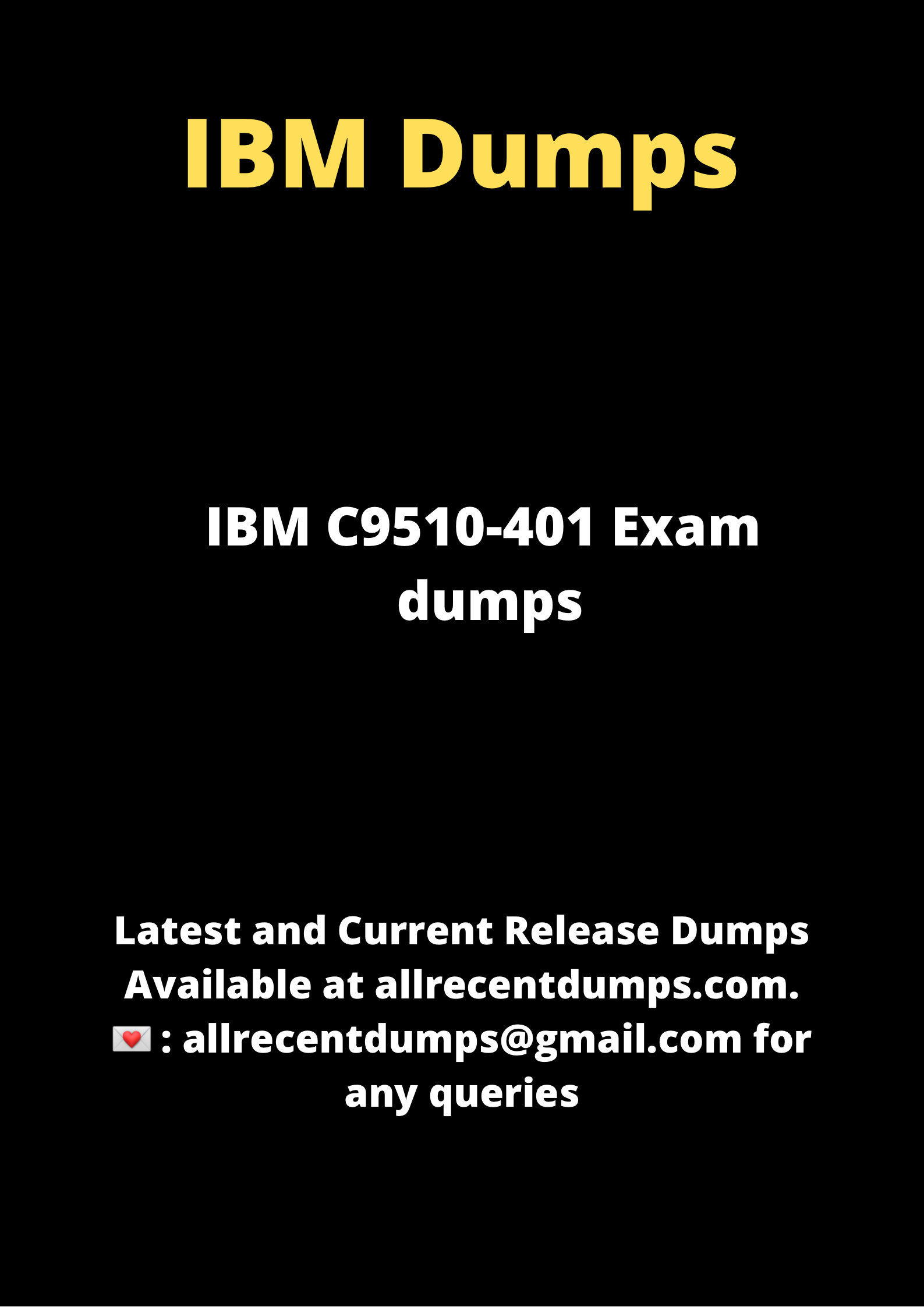
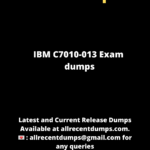
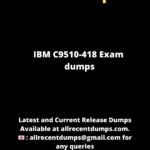
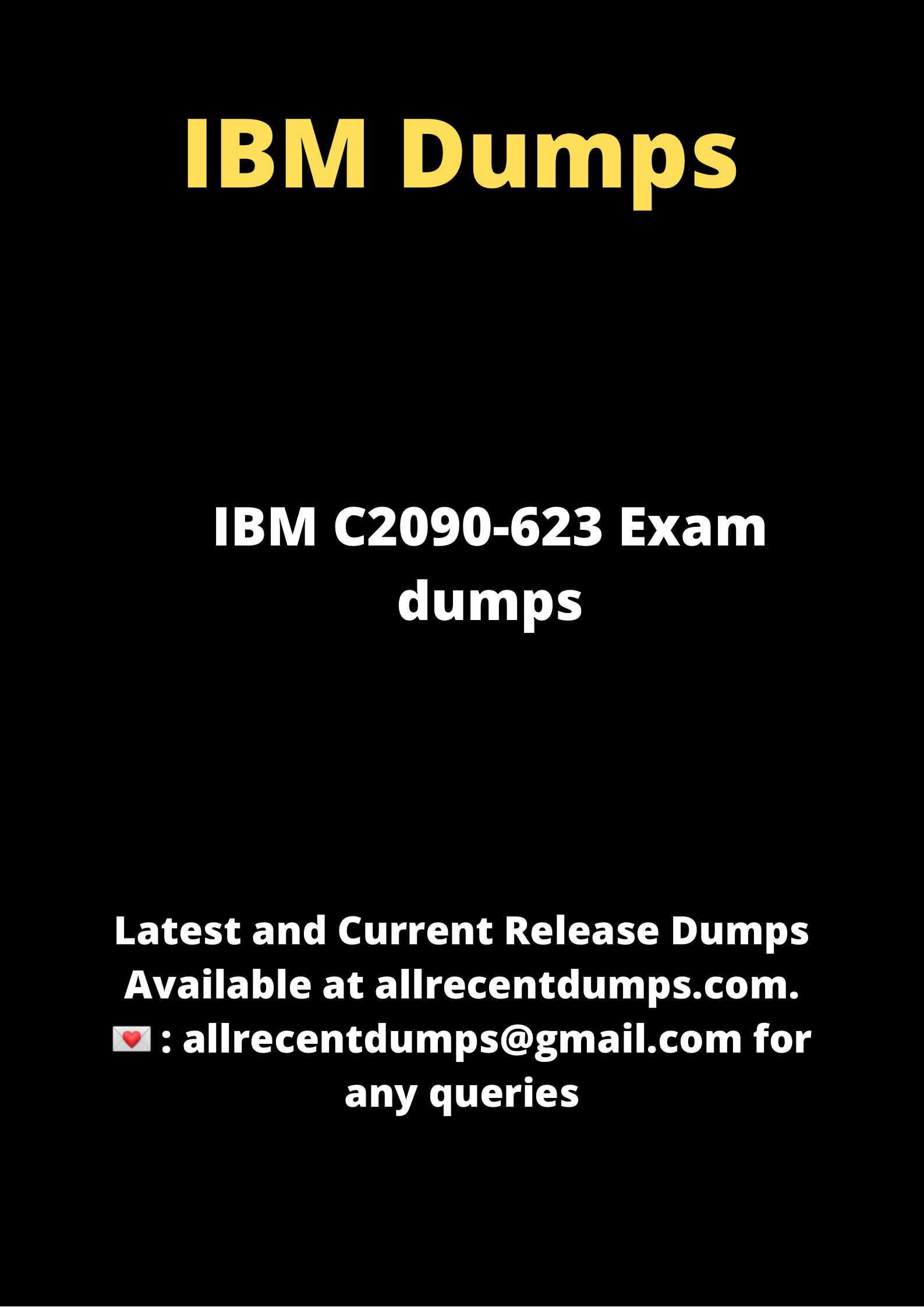
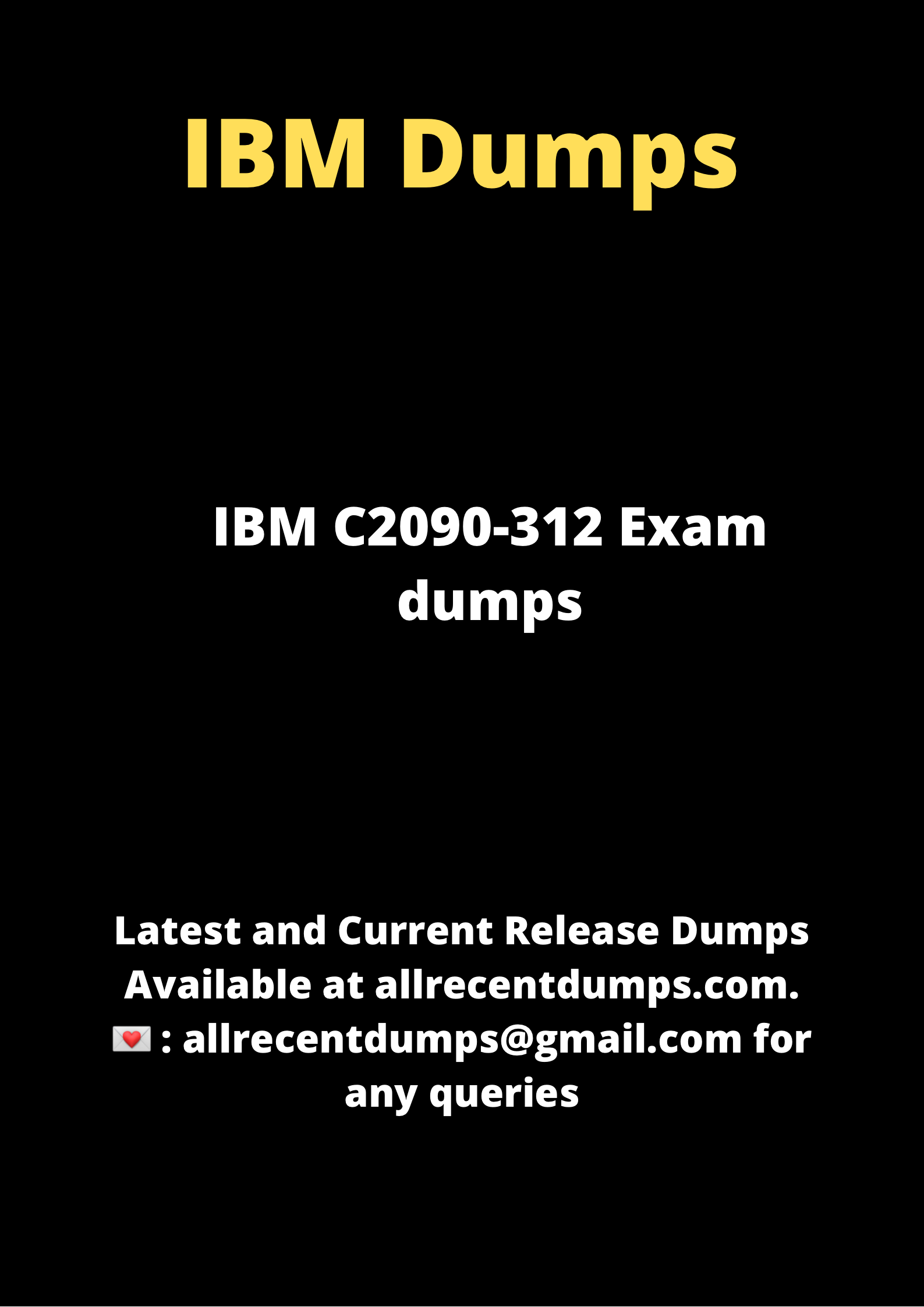
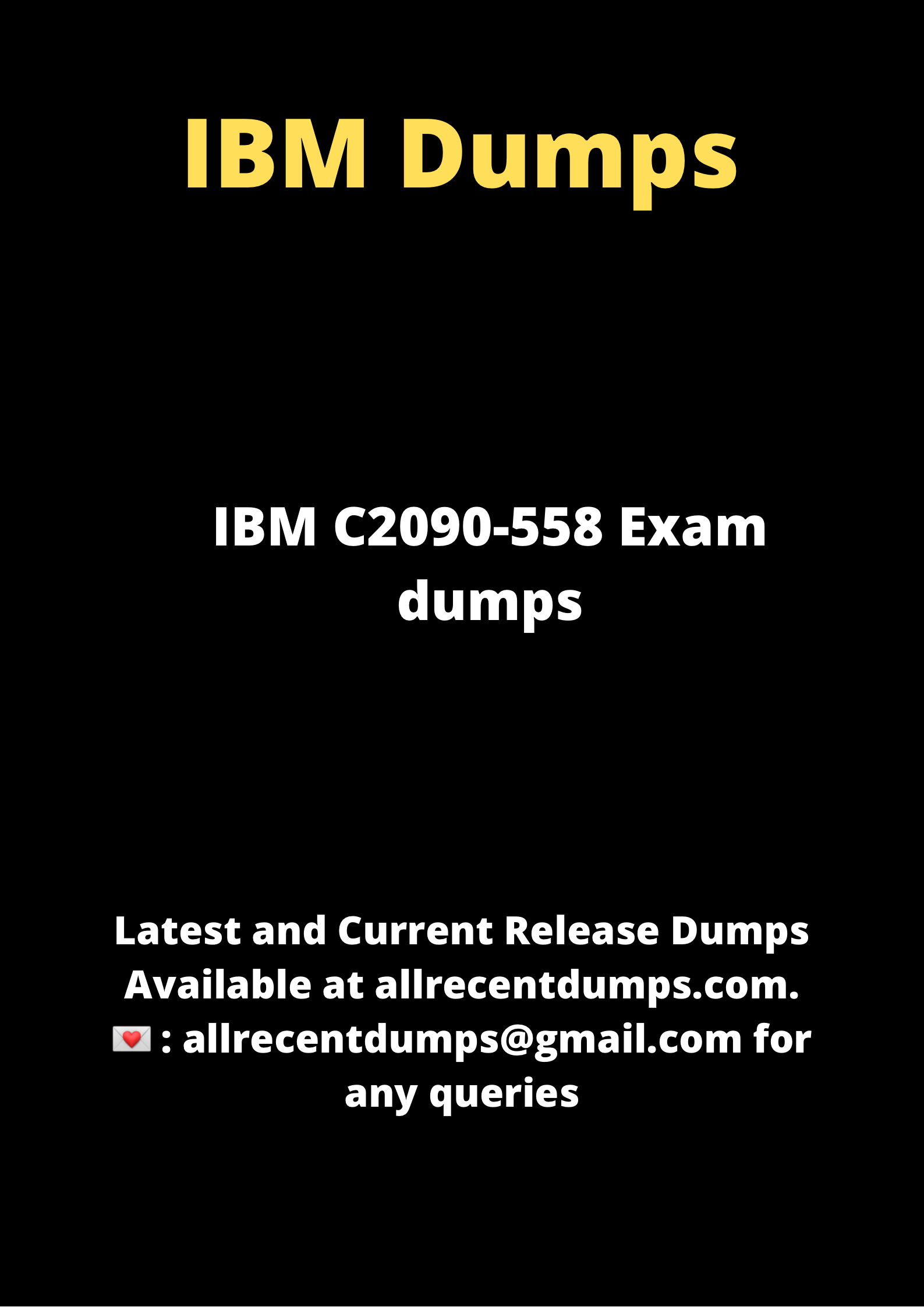
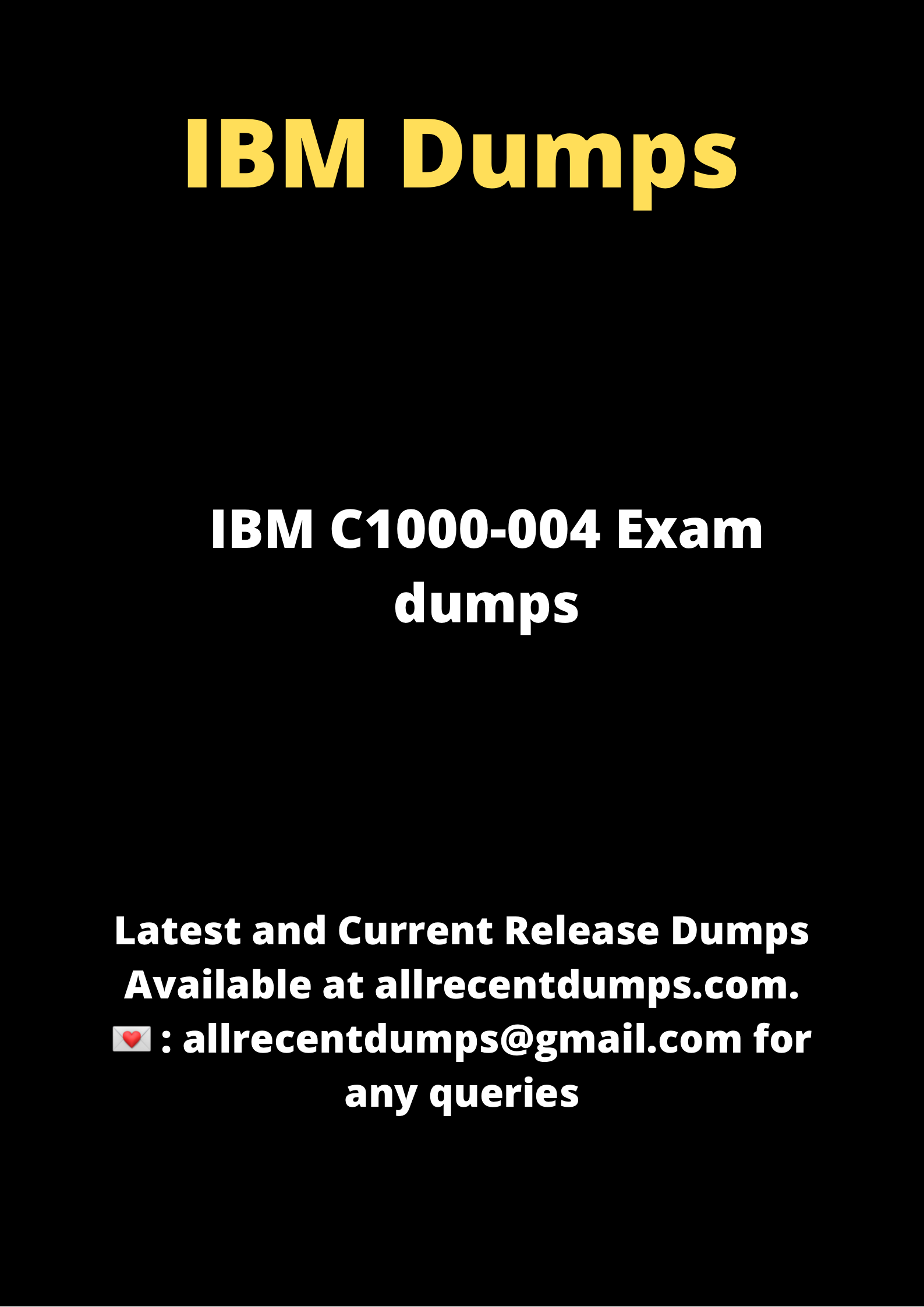
Reviews
0.0 Average Rating Rated ( 0 Review )
There are no reviews yet.